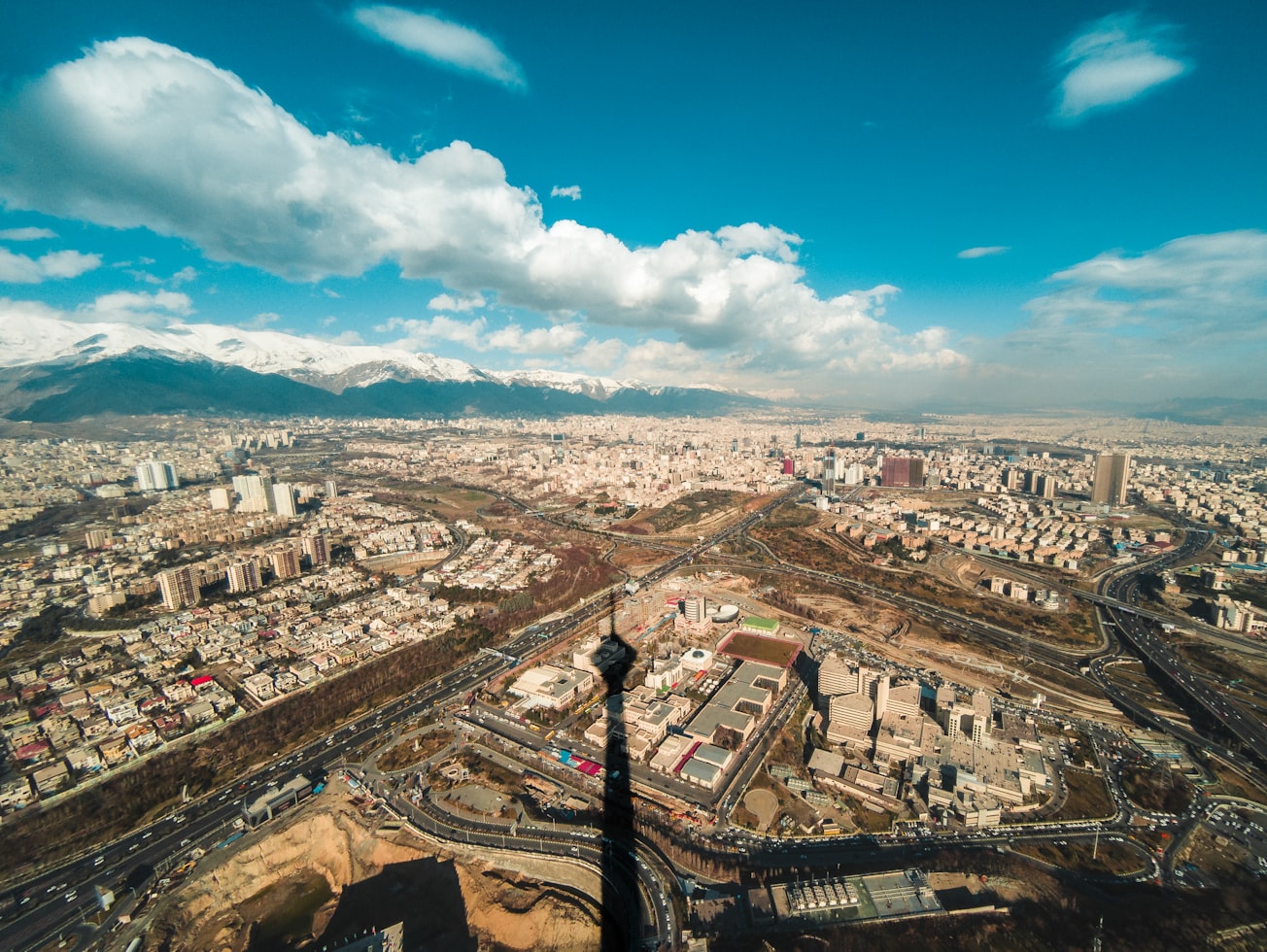What is it about?
In the Bam post-earthquake recovery program, tasks were delegated to varied actors based on their capacities without considering potential conflicts of interests and their unbalanced authority to serve their benefits. Meanwhile, the impact of the country's unstable political climate on restricting or liberating actors' influence on the recovery program was overlooked. These split relationships between Disaster Governance components finally obstructed decentralization by intensifying conflicts of interest, which eventually compromised recovery objectives.
Featured Image

Photo by mahyar motebassem on Unsplash
Why is it important?
Although decentralization may seem promising at the beginning, the case of post-disaster reconstruction in Iran confirms that successful collective functions necessitate particular prerequisites in practice. In Iran, the government started a decentralized process without being truly aware of how complicated it can become. the Iranian authorities experienced that the promotion of interests takes adequate time before it can come to fruition. Also, it can potentially generate chaos in governing post-disaster reconstruction programs. Therefore, our findings in Bam shed light on the importance of strategic disaster management in which different actors, their capabilities, and the drivers of unwelcome influencing factors are well envisaged. Besides, we found out that disaster management in Iran requires a neutral monitoring system. In the absence of such control, the whole decentralization concept remains in its infancy, or, another experimentation on the disaster victims.
Perspectives
Co-authoring this article was a great pleasure. This article is among rare publications explaining the disaster governance process in Iran. Indeed, more research is necessary to resolve DG's challenges in Iran. This study’s findings will hopefully provide a groundwork for further studies by young Iranian researchers in the relevant fields.
Mahmood Fayazi
Sichuan University
Disaster governance in the middle east countries is one of the fairly overlooked areas, despite its direct effect on nations. Four years ago, when I first started digging into this subject in Iran, I hadn't the faintest idea of the depth of the ocean I was about to swim in. However, among many riddles, Dr. Fayazi and I could manage to explore the deepest interconnected issues hampering good disaster governance in Iran, which we believe could be generalized to other developing countries as well. What a journey and what a brilliant co-author to have by my side along the way! Above all, I hope you find this article informing and of use.
Armita Farzadnia
Shahid Beheshti University
Read the Original
This page is a summary of: Disaster governance as the governance of decentralized systems: the case of the 2003 Bam earthquake in Iran, Disaster Prevention and Management An International Journal, January 2021, Emerald,
DOI: 10.1108/dpm-08-2020-0275.
You can read the full text:
Contributors
The following have contributed to this page










